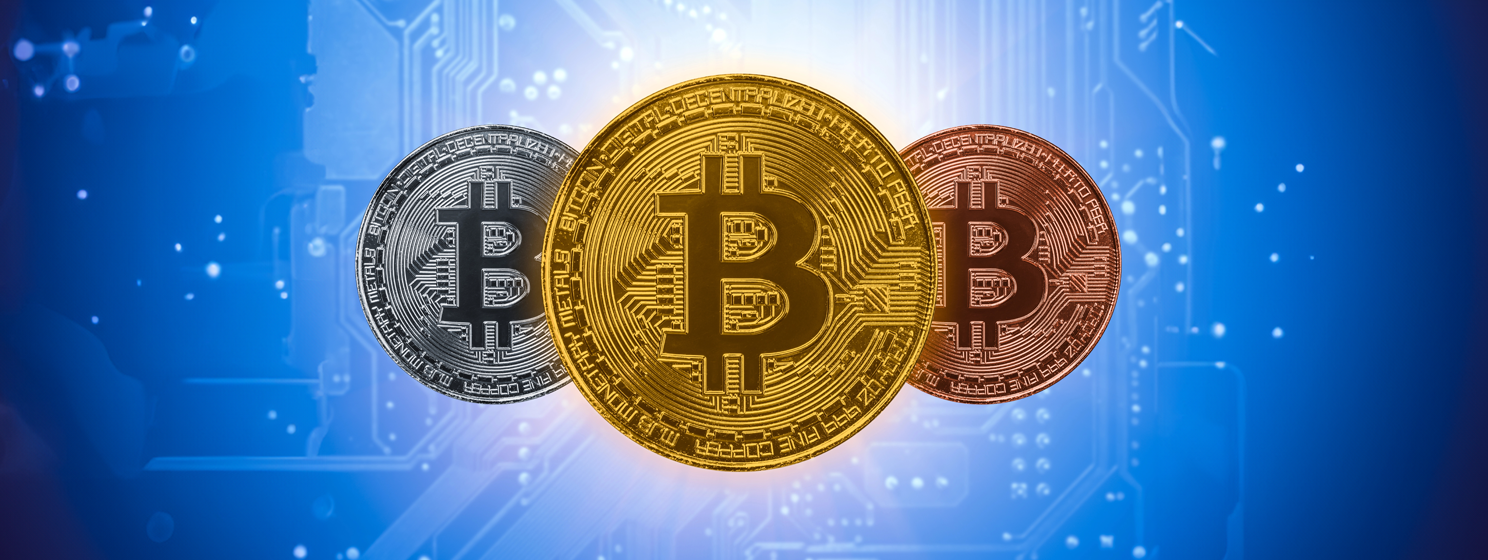|
Getting your Trinity Audio player ready...
|
In a landmark decision, an Indian High Court has declared that ‘cryptocurrency’ constitutes “property” under Indian law, essentially an asset that can be owned, managed, and held in trust. The court reportedly clarified that digital assets fall within the classification of a “virtual digital asset” as defined under Section 2(47A) of the Income Tax Act, 1961, and are not classified as speculative transactions.
- Indian High Court recognizes crypto as property
- Case of Rhitukumari vs. Zanmai Labs
- Definition of property
- Fresh momentum in October
This judgment arose from a petition filed by an individual seeking protection of her 3,532.30 XRP tokens, worth about $9,400, held on the WazirX digital asset exchange. WazirX was hit by one of the biggest digital asset hacks worth $230 million in July 2024. The ruling is significant because the court has provided much-awaited clarity to the legal standing of digital assets in India, a move that could influence inheritance, classification for tax purposes, bankruptcy proceedings, and the enforcement of contracts related to digital assets in the future. This is also a major progress toward safeguarding investors by providing them with well-defined ownership rights and legal options in cases of fraud, misuse, or exchange failures.
“There can be no doubt that cryptocurrency is a property. It is not a tangible property, nor is it a currency. However, it is a property which is capable of being enjoyed and possessed (in a beneficial form). It is capable of being held in trust,” pronounced the single-judge Bench of Justice N Anand Venkatesh.
“Accordingly, there shall be a direction to the first respondent to furnish a bank guarantee for a sum of Rs.9,56,000 in favour of the applicant and it shall be renewed from time to time till the end of the arbitration proceedings or in the alternative, the first respondent shall deposit the said sum in an escrow…,” the High Court reportedly noted in the judgement delivered in the case of Rhitukumari vs. Zanmai Labs Private Limited.
Zanmai Labs is the Indian firm that operates the WazirX exchange. Once India’s largest digital asset exchange by trade volume, WazirX suffered a $230 million cyberattack last year carried out by North Korea’s Lazarus Group.
Zettai Pte Ltd, the Singapore-based entity of WazirX responsible for crypto-to-crypto operations, was undergoing a restructuring scheme in the Singapore High Court. On October 13, the Singapore High Court sanctioned the exchange’s restructuring plan. “Now that the Scheme is sanctioned, Zettai Pte Ltd will file the order with the Accounting and Corporate Regulatory Authority (ACRA). Post-filing the order, the WazirX platform will restart within 10 business days, as originally envisioned,” the Indian exchange said.
The Madras High Court referred to rulings in Ahmed G.H. Ariff vs. CWT and Jilubhai Nanbhai Khachar vs. State of Gujarat to broaden the interpretation of the term “property” within the framework of Indian law. The High Court also noted that while digital tokens are essentially data recorded on a blockchain, they possess distinct characteristics—being definable, identifiable, transferable, and subject to exclusive control through private keys—which collectively grant them the nature of property.“Property in the legal sense means an aggregate of rights which are guaranteed and protected by law. It extends to every species of valuable right and interest… everything that has an exchangeable value or which goes to make up wealth or estate or status,” noted Justice Venkatesh.
Interestingly, other jurisdictions also recognize digital assets as property, providing owners of Bitcoin and other digital assets with better legal protection. In the United States, digital assets are considered property, not currency, for tax purposes. In the United Kingdom, digital holdings including ‘cryptocurrency’, non-fungible tokens (NFTs) such as digital art, and carbon credits are considered as personal property.
India’s ‘crypto’ sector gains fresh momentum in October
The month of October 2025 has brought encouraging news for India’s digital asset sector. This is particularly significant because the world’s most populous nation has already secured the top spot in the global digital asset adoption rankings, marking its second consecutive year as the undisputed leader.
First, the Singapore High Court’s approval of WazirX’s restructuring plan enables users to recover a significant portion of their portfolio value, which was lost in last year’s cyberattack. Second, Coinbase (NASDAQ: COIN) invested in Indian digital asset exchange CoinDCX, raising the latter’s post-money valuation to $2.45 billion. The investment came soon after CoinDCX, India’s first digital asset unicorn, suffered a serious security breach that resulted in a $44.2 million loss. Together, these milestones have injected fresh energy into the Indian digital asset sector, which has been suffering due to punishing taxation imposed by the federal government.
The world’s fastest-growing major economy imposes one of the harshest taxation on digital asset trading—a 30% flat tax on all digital currency income with no provision to offset losses, a 1% TDS on all transactions above Rs 10,000 ($113), and 18% Goods and Services Tax (GST) on trading fees. India is also not keen on introducing specific legislation to regulate the sector, opting instead for limited oversight, due to concerns that integrating digital assets into the country’s mainstream financial infrastructure could pose systemic risks.
“As far as cryptocurrency is concerned, there’s no ban as such, but we are taxing it very heavily. We don’t encourage it because we don’t want anybody to be stuck at some point with a currency or with a cryptocurrency, which has no backing and nobody at the back end,” Commerce Minister Piyush Goyal recently said.
“Suppose tomorrow there’s no buyer. There’s nobody to guarantee… So it’s a thing you can do at your own risk and cost. The government doesn’t encourage or discourage. We don’t get involved in that. We only tax it,” he added.
Watch: India posed to become leaders in Web3

 02-17-2026
02-17-2026 




